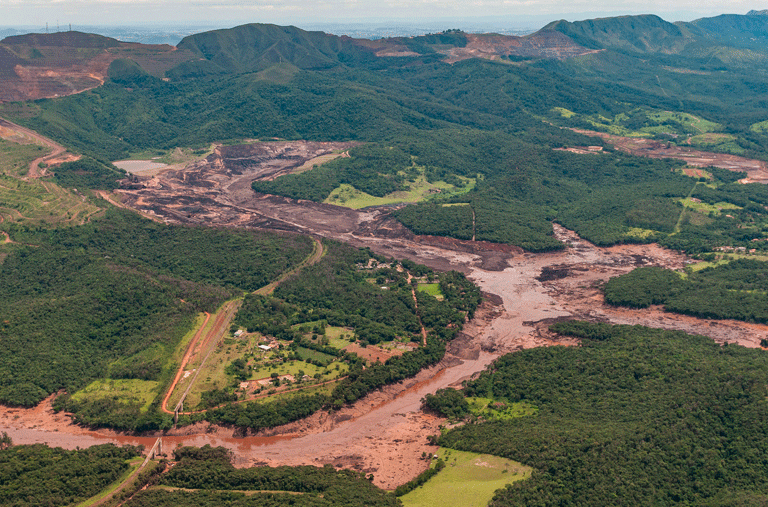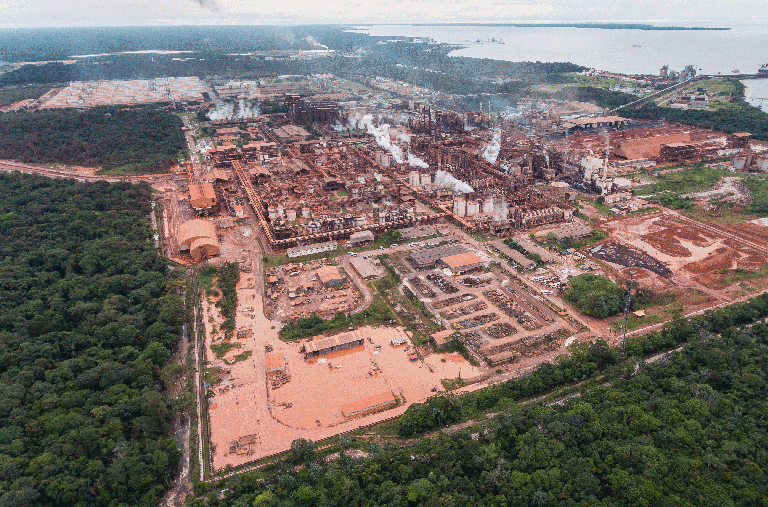In July 2022, over 200,000 victims of the Mariana dam disaster celebrated a landmark ruling that will see FTSE 100 mining giant BHP finally face their day of reckoning in the English courts.
In a 107-page unanimous judgment, the Court of Appeal has allowed hundreds of thousands of Brazilians the possibility to finally see justice for the deadly disaster.
The court ruled: “Our conclusion is simply that the remedies available in Brazil are not so obviously adequate that it can be said to be pointless and wasteful to pursue proceedings in [England].
“The claimants should be permitted now to proceed with the claims in the action.”
Pogust Goodhead initially filed the lawsuit in England in 2018, and in July 2020, won the right to reopen the case through a landmark judgment after an earlier ruling denying jurisdiction of the English courts to hear the case. The first instance decision denying jurisdiction was re-examined on appeal by the Court of Appeal throughout the five-day hearing in April 2022.
Global Managing Partner Tom Goodhead said: “This is a monumental judgement that means the victims of the worst environmental disaster ever seen in Brazil are a step closer to justice.
“BHP is a multinational that generates huge profits in the regions where it operates, and it is only right that they are held directly accountable in the UK. The days of huge corporations doing what they want in countries on the other side of the world and getting away with it are over.
“This is a huge step forward in not only securing justice for our clients but also sending a wider message to large multinational businesses that they cannot run major operations in countries around the world – and then hide behind their subsidiaries when things go wrong.
“It is time that BHP stops delaying justice and do the right thing.”
CASE HISTORY
The Fundão dam in Mariana burst on 5 November 2015 and sent 43.7 million cubic metres of toxic mining waste over 700km of waterways along the Doce River, killing 19 people and obliterating all in its way.
The dam burst resulted in villages being buried, thousands being made homeless, and farms, fish stocks and livelihoods being destroyed by toxic waste, containing heavy metals arsenic, mercury, nickel and aluminium, contaminating everything in its path, including water supply.
Torrents of polluted water and mud ran for 700km, more than the equivalent of the distance between London and Edinburgh, and into the Atlantic Ocean, taking an estimated £2.5bn toll on the region’s biodiversity and leaving effects which are still being felt to this day.
Yet more than six years later, the victims have not received justice or full and fair compensation from the companies involved.
Representatives of the Krenak indigenous communities, local mayors, attorneys general, and other claimants who were all affected by the disaster flew to London in April to hear their case in the Court of Appeal.











